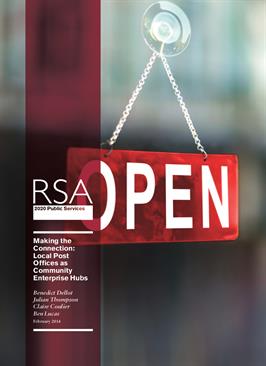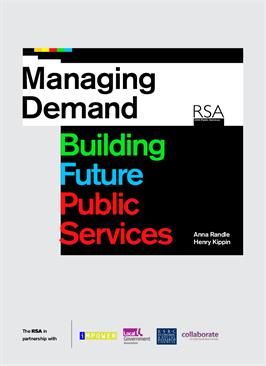The Post Office is an organisation like no other. Local Post Offices contribute enormously to the life and soul of their communities, are an essential vehicle for delivering public services, and provide the vital infrastructure that our businesses need to prosper.
Yet few would disagree that the network has been under pressure in recent decades. The rise of the internet and decline of the high street, together with reduced business from government departments, has taken its toll on the financial viability of Post Offices. As a result, branch numbers have fallen by close to a third in the last decade.
In recent years the Post Office has turned a corner. Closures no longer dominate the news and the network, at just over 11,500 branches,now looks more sustainable. The new strategy for the Post Office,published in November 2013, sets out clear financial commitments to modernise branches, including an extra £640m of investment, on top of the £1.34bn announced in 2010.
This includes providing support for around 3,400 community and outreach branches with a new £20m investment fund. Specific efforts to support the transformation include the introduction of a new digital platform, the expansion of the financial services offer to include a new current bank account, and the roll out of‘Click and Collect’ and ‘Drop and Go’ services to support the thousands of small businesses that use the Post Office every day.
The success of this strategy is in part dependent on the ability of Subpostmasters to grasp the opportunities available. Ultimately, local Post Offices are small businesses that need to stand on their own two feet, while at the same time support a range of social functions shaped by government and politicians, the public and indeed Post Office staff and agents themselves. Balancing these two objectives is no easy task,but the network has to get this right if it is to survive. The modernisation programme offers a once in a lifetime opportunity to fashion a viable business model that will preserve Post Offices in the face of severe difficulties.
Against this backdrop, RSA 2020 Public Services was commissioned by Post Office Ltd to explore how branches might be able to play a more active role in their local area while simultaneously sustaining and even growing their business. In doing so we looked at how entrepreneurial Subpostmasters could generate both social and commercial value for their community, supporting residents and businesses alike. Our research brought us into contact with a range of Subpostmasters from across the UK, as well with expert stakeholders from businesses, public services,councils and community groups.
Perhaps unexpectedly, what we found is that today’s economic, social and technological shifts towards the local may be renewing the relevance of the Post office in people's lives. A growing microbusiness community, an ageing population, isolation among older people as well as young people in rural areas, and the development of community-based approaches to public service reform are among the trends creating the need for 'Community Enterprise Hubs' across the country – a role that Post Offices may be well placed to take on.
pdf 3.3 MB
Contributors




Related reports
-
Creative Gatherings Guide
Download our resource which outlines the key elements of Creative Gatherings and offers guidance on how to put one together; especially relevant to anyone with a professional or voluntary interest in civic action.
-
Managing Demand: Building Future Public Services
Rising demand, changing demographics and stretched finances mean that local authorities face a stark choice: change their ways or face the possibility of increasing irrelevance.
-
Investing in Shared Lives
Shared Lives is a little known, but important, alternative to home care and care homes for people in need of support.



